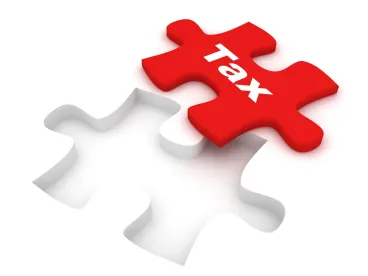On Thursday, Senator Ron Wyden (D-OR), ranking member of the Senate Finance Committee, released new technology-neutral energy credits legislation that would revolutionize the existing Investment Tax Credit and Production Tax Credit provisions. The legislation features a graduated credit rate schedule based on the level of carbon emissions as compared to a carbon emissions baseline (keyed to “current” national average carbon emissions) that would be available without regard to technology or energy input. In a move that is consistent with cutting-edge energy innovations and responsive to the needs and concerns of many large power consumers and utilities, the credits would expressly be available for energy storage and carbon capture technology installed at power plants placed in service before January 1, 2019. Energy storage would include hydroelectric pumped storage, thermal storage, fuel cells, and–crucially–batteries, among others. Under Wyden’s legislation, the maximum credit rates would be 30% for the ITC and, for the PTC, 2.3 cents per kilowatt hour of electricity produced. In addition, the PATH Act “sunset” provisions on the PTC and ITC would be repealed and the proposal would temporarily extend other energy provisions during a transition period.
The proposed legislation would also create a technology-neutral clean fuel production credit, homeowner versions of the ITC, performance-based incentives for energy efficiency improvements to residential and commercial buildings, and clean energy bonds generally based on existing government bonds frameworks.
Although there are differences of opinion in the Congress on whether the tax code should offer energy incentives, Sen. Wyden’s proposal could come into play this year either as part of tax reform or the infrastructure debate. Senate Democrats recently released a blueprint for infrastructure that includes technology neutral energy reform.




 />i
/>i
